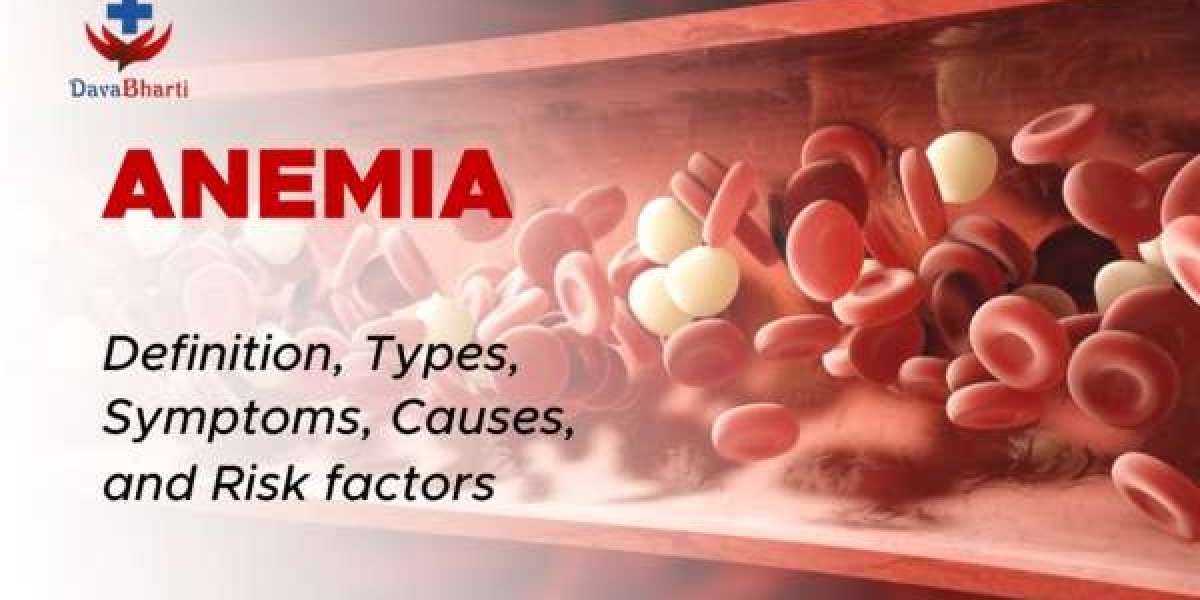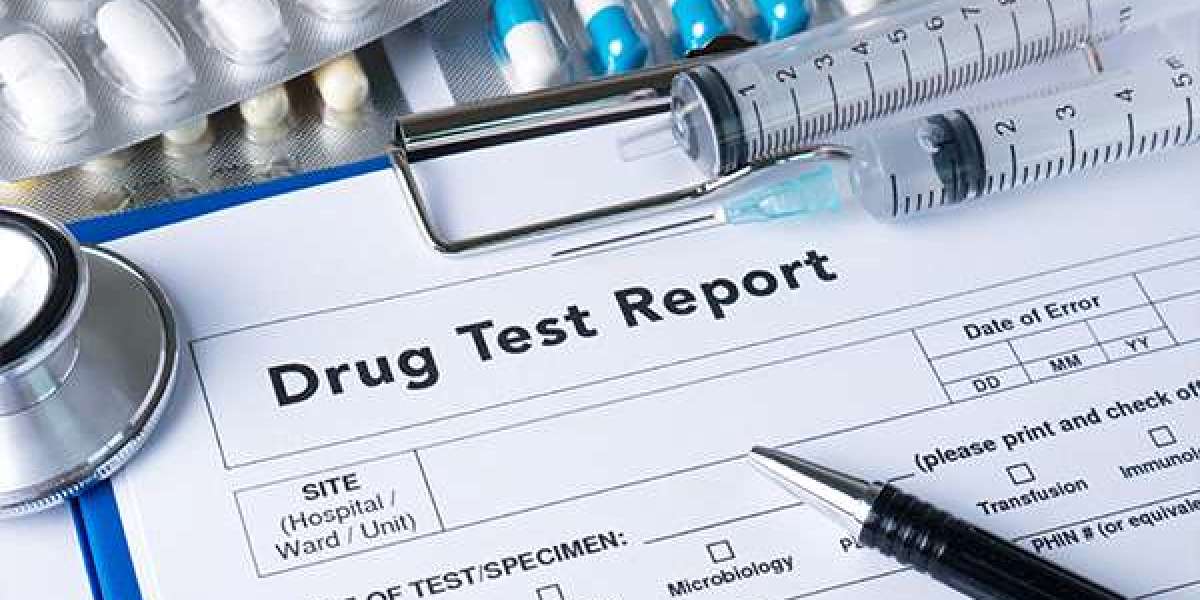Today we will discuss about Anemia. A condition known as anemia occurs when there are not enough healthy red blood cells in the body. When there aren't enough red blood cells to deliver oxygen to the body's tissues, the tissues don't obtain adequate oxygen. This might cause weariness, shortness of breath, pale complexion and a faint headache like symptoms. There are different types of anemia, each with its own unique reason.

Some of the most common types include:
• Iron Deficiency Anemia: This is the most common type of Anemia, and it's caused by a lack of iron in the body. Iron is needed to make hemoglobin, the protein that gives red blood cells their oxygen-carrying ability.
• Folate Deficiency Anemia: This type of anemia is caused by a lack of folate, B vitamin that's also important for making red blood cells.
• Vitamin B12 Deficiency Anemia: This type of anemia is caused by a lack of vitamin B12, another B vitamin that's essential for red blood cell production.
• Aplastic Anemia: This is a rare type of anemia that's caused by the body's inability to produce enough red blood cells.
• Sickle Cell Anemia: This hereditary condition results in abnormally shaped red blood cells. These misshapen cells can't carry oxygen as efficiently as healthy red blood cells, which can lead to Anemia.

Symptoms of Anemia
There are some of symptoms Anemia, including:
Fatigue: The most common sign of anemia is fatigue. It is caused by a lack of oxygen in the body's tissues.
Shortness of breath: Another typical sign of anemia is shortness of breath. The heart has to work harder to pump blood throughout the body, which causes it.
Pale skin: Pale skin indicates that the body is not receiving enough oxygen. The skin on the cheeks, lips, and inside of the eyelids may appear paler than usual.
Light headedness: Lack of oxygen to the brain is the cause of dizziness. It may occur when you stand up quickly or when you are exercising.
Chest pain: This is a less common symptom of Anemia. The heart has to work harder to pump blood throughout the body, which is the cause of it.
Headache: This is another less common symptom of Anemia. The heart has to work harder to pump blood throughout the body, which is the cause of it.
Brittle nails: This is a sign that the body is not getting enough iron.
Tongue pain: This is a sign that the body is not getting enough vitamin B12.
It's crucial to see a doctor for a diagnosis if you have any of these symptoms. Your hemoglobin levels will likely be assessed by the doctor ordering a blood test. Once the doctor has diagnosed your anemia, they will be able to recommend the best treatment.

The treatment of Anemia:
The treatment for anemia will vary depending on the type of anemia and how severe it is. The following are some of the most typical anemia treatments:
Iron supplements: If you have iron deficiency Anemia, you will likely need to take iron supplements. Your iron levels can be raised and your symptoms can be alleviated with the aid of iron supplements.
Folate supplements: If you have folate deficiency Anemia, you will likely need to take folate supplements. Folate supplements can help to increase your folate levels and improve your symptoms.
Vitamin B12 supplements: If you have vitamin B12 deficiency Anemia, you will likely need to take vitamin B12 supplements. Vitamin B12 supplements can help to increase your vitamin B12 levels and improve your symptoms.
Blood transfusions: In some cases, you may need to have blood transfusions. Blood transfusions can help to increase your red blood cell count and improve your symptoms.

Here are some tips to help prevent anemia:
Consume a nutritious diet high in iron-rich foods such as leafy green vegetables, legumes and whole grains.
Take a multivitamin with iron, other necessary vitamins and minerals on a daily basis.
Consult your doctor before taking iron supplements if you are pregnant or breastfeeding.
If you have a chronic condition, such as celiac disease or inflammatory bowel disease, consult your doctor about strategies to treat your condition and prevent anemia.
Otherwise, you can seek advice from Doctors of Dava Bharti- An eCommerce Healthcare Platform for all your healthcare needs which provides the genuine advice according to the condition of the patient. Our highly qualified physicians will assist you in determining whether you have Anemia and will offer advice on the most effective course of action.
The majority of Anemic persons can lead normal, active lives with the right care.








